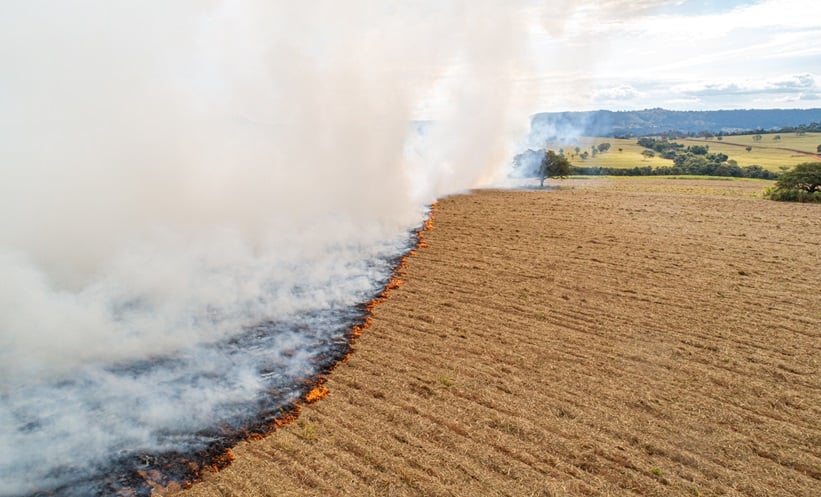WILDFIRE smoke may be hazardous to brain health. A decade-long study conducted on over 1.2 million residents of southern California aimed to investigate the impact of wildfire smoke on brain health, particularly the risk of developing dementia. The study, presented at the Alzheimer’s Association International Conference® (AAIC) 2024, in Philadelphia, highlighted the rising global incidence of wildfires and the associated health threats posed by wildfire smoke compared to other forms of air pollution.
Researchers from the University of Pennsylvania, Philadelphia, analyzed the health records of 1,227,241 socioeconomically diverse southern Californian residents aged 60 or older from 2009 to 2019. No participants were diagnosed with dementia at the beginning of the study. They estimated total PM2.5 (fine particulate matter) exposure from sources including satellite-derived aerosol properties and Environmental Protection Agency monitoring data. Air quality monitoring data, satellite imagery, and machine learning techniques permitted the differentiation between wildfire and non-wildfire PM2.5 exposure. The participants’ exposure levels were then compared to subsequent dementia diagnoses.
The study found a 21% increase in the odds of dementia diagnosis for every 1 µg/m³ increase in the three-year average wildfire PM2.5 exposure. In contrast, there was a 3% increased risk for every 3 µg/m³ increase in the three-year average of non-wildfire PM2.5 exposure. Furthermore, results suggested wildfire PM2.5 was more hazardous due to its higher production temperatures, greater concentration of toxic chemicals, and smaller particle size compared to PM2.5 from other sources. Overall, the findings were most pronounced among individuals from racial and ethnic minorities and those living in high poverty areas.
The study concluded that wildfire smoke significantly increases the risk of dementia diagnosis compared to other sources of PM2.5 air pollution. The results underscore the need for policies to prevent wildfires and reduce exposure to PM2.5, particularly from wildfires. To mitigate the risk, the research team suggest that individuals should update home air filtration systems, stay indoors during poor air quality days, and wear N95 masks when the Air Quality Index exceeds 100. The study also highlights the necessity for clinical and health policies to address dementia-associated disparities by reducing long-term exposure to PM2.5, especially in vulnerable populations.
Abigail Craig | EMJ
Reference
Elser HC et al. Long-term wildfire smoke exposure and incident dementia in a large California cohort. Abstract 86179. AAIC24, 28 July-1 August 2024.








